Uncovering the Truth: We Are Born to Die
We are born to die, with death being a part of life’s natural cycle. Religion and culture shape our understanding of existence, science and technology provide insight into the physical aspects of mortality.

The question of life and death has been a universal conundrum that has intrigued humanity since the dawn of time. Is our existence merely a birth-to-death journey, or is there more to it? Are we, as the phrase so starkly puts it, simply “we are born to die”?
Short Summary
- We are born to die, with death being a part of life’s natural cycle.
- Religion and culture shape our understanding of existence, while science and technology provide insight into the physical aspects of mortality.
- Find purpose in life by embracing it fully - take risks, show kindness & appreciate the small things.
The Concept of "Born to Die"

You might have heard the phrase “born to die”. It’s a concept that intertwines life and death, suggesting that physical death is actually a birth into a greater life - an eternal life. It’s a perspective that offers a fresh, if not a bit daunting, lens to look at our existence. But what if there’s more to it than we can see with our naked eye?
The phrase “born to die” might sound familiar to you, especially if you’re a fan of Lana Del Rey, whose music often explores the themes of life and death. But beyond the music, this phrase carries a profound spiritual significance. As per Christian belief, being born is not just about coming into this world; it is about the journey to become like God and share in His eternal life. This idea is a fascinating contrast to the evolutionary theory, which suggests that humans evolved through natural selection and random mutations. In the context of a music video, Lana Del Rey’s artistry brings these themes to life, captivating her audience with powerful visuals and storytelling.
The concept of being created in the image of God adds another layer to this discussion. It suggests that we possess some of God’s qualities and have the capacity to think like Him. And as we live our lives, we strive to reflect the likeness of the heavenly Man (Christ), thereby transitioning from our human state to a divine one.
Confronting the Reality of Death and Dying
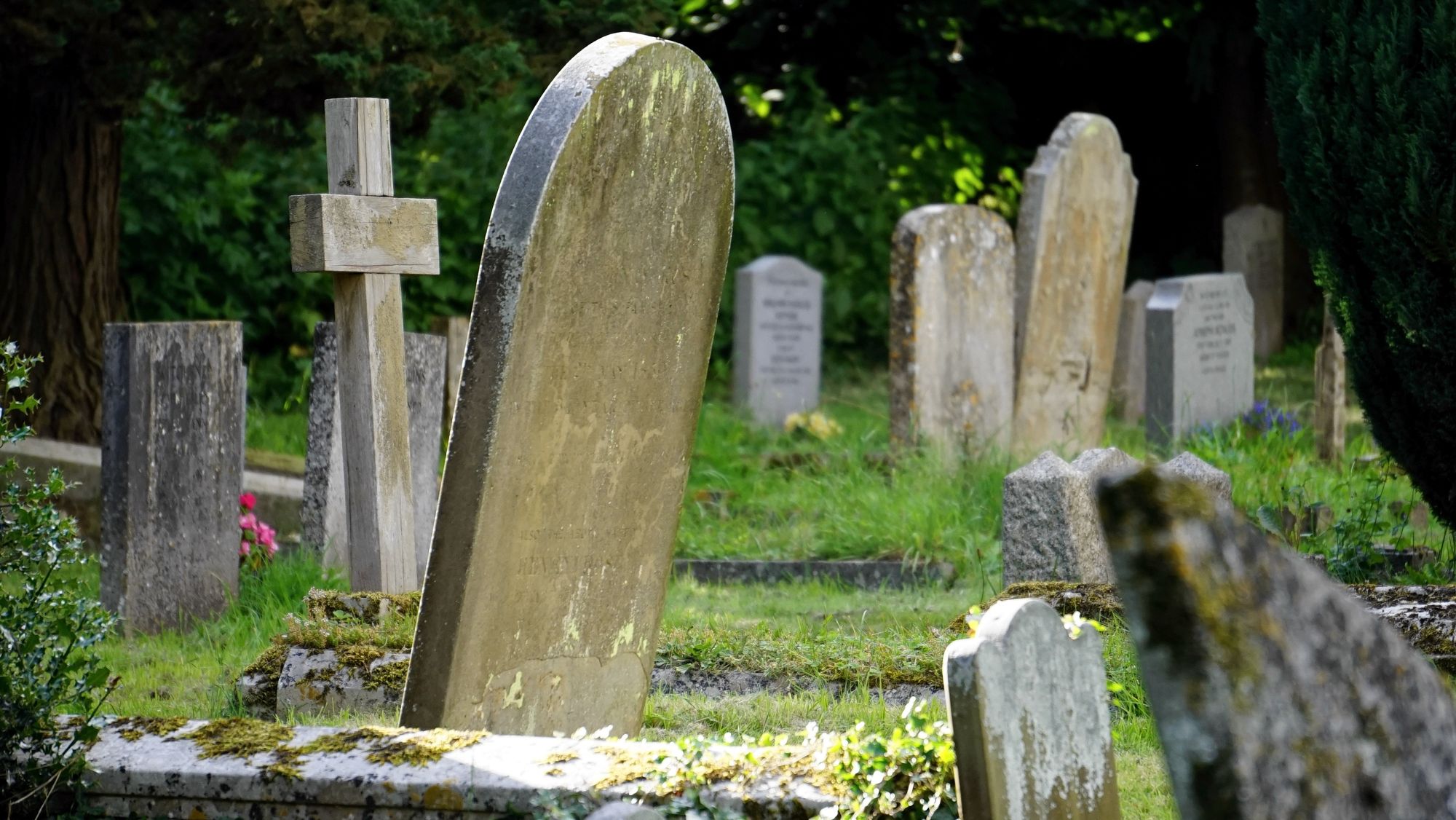
When we speak about being born to die, we are also acknowledging the inevitable - death. Death is a part of life, and it marks the end of our time here on earth. It’s a reality that can be hard to face. The very thought of our own mortality can be unnerving. But have you ever wondered why it’s important to come to terms with it?
Confronting our mortality can be a transformative experience. It’s a reminder that our time is limited, encouraging us to appreciate the moments we have and make the most of them. It’s about understanding the importance of living life to its fullest and not taking anything for granted. So ironically, acknowledging death can make us more alive.
Accepting the inevitability of death is a journey of its own. It means coming to terms with the fact that death is a part of life, something we all must face eventually. It’s about being able to accept death as a natural part of life, and not be afraid of it. After all, isn’t it the fear of death that often holds us back from truly living?
Physical Life vs. Eternal Life
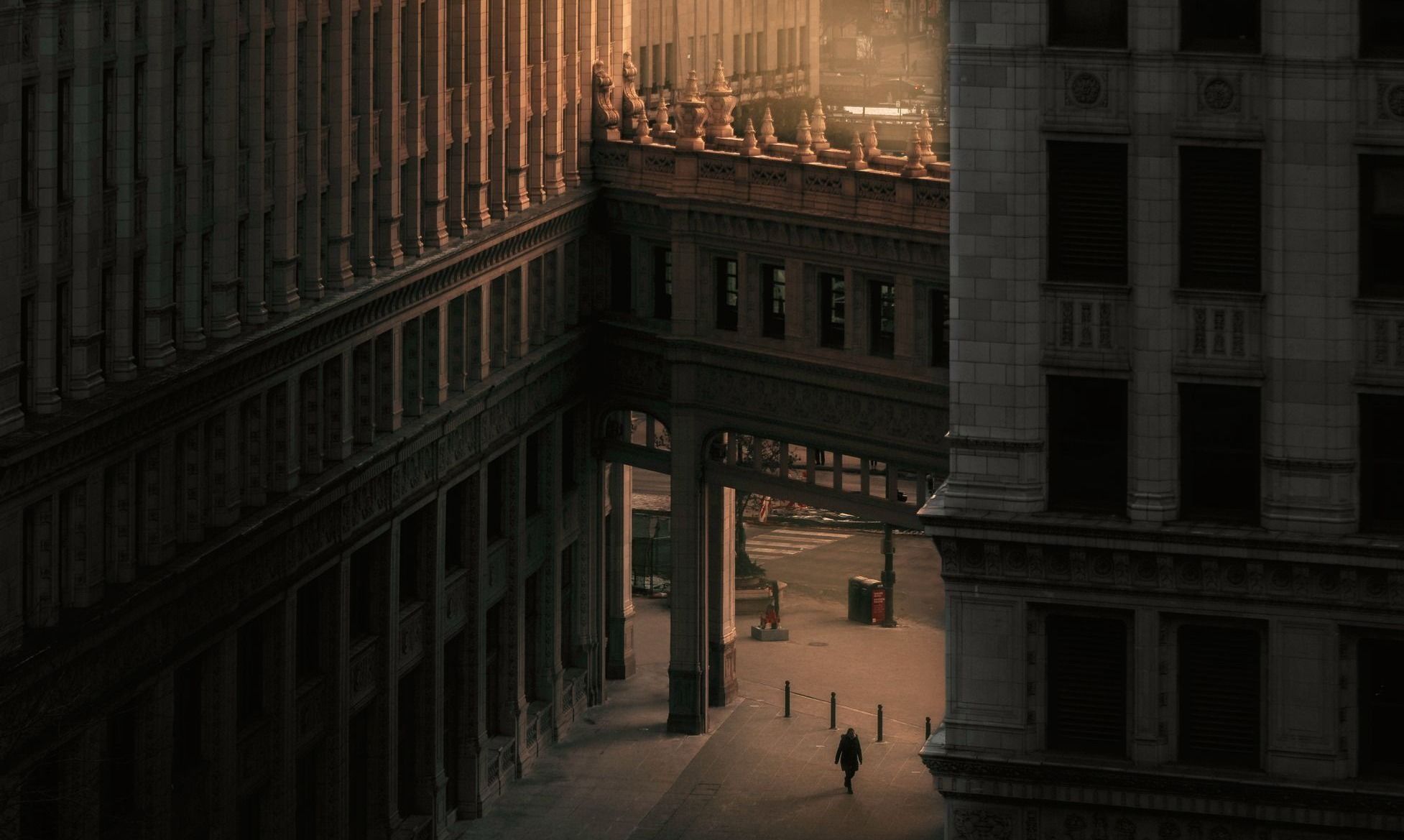
The discourse about life and death inevitably leads us to the distinction between physical life and eternal life. Physical life, as we know it, is bound by time and space. It has a clear beginning and an end. Eternal life, on the other hand, is limitless. But it’s not just about living forever; it’s about the quality of life that starts here on earth and extends into eternity.
Different cultures and religions have their own beliefs and perspectives about the afterlife and the journey of the soul. Some believe in reincarnation, while others believe in the soul’s ascension to heaven. These beliefs shape our understanding of eternal life and provide a framework within which we comprehend our existence.
So, the concept of being “born to die” can take on a new meaning when seen from this perspective. It’s not just about the inevitability of physical death, but also about the birth into an eternal life. It’s about the journey of the soul from the physical realm to the eternal one.
Our Journey from Mother's Womb to Own Mortality
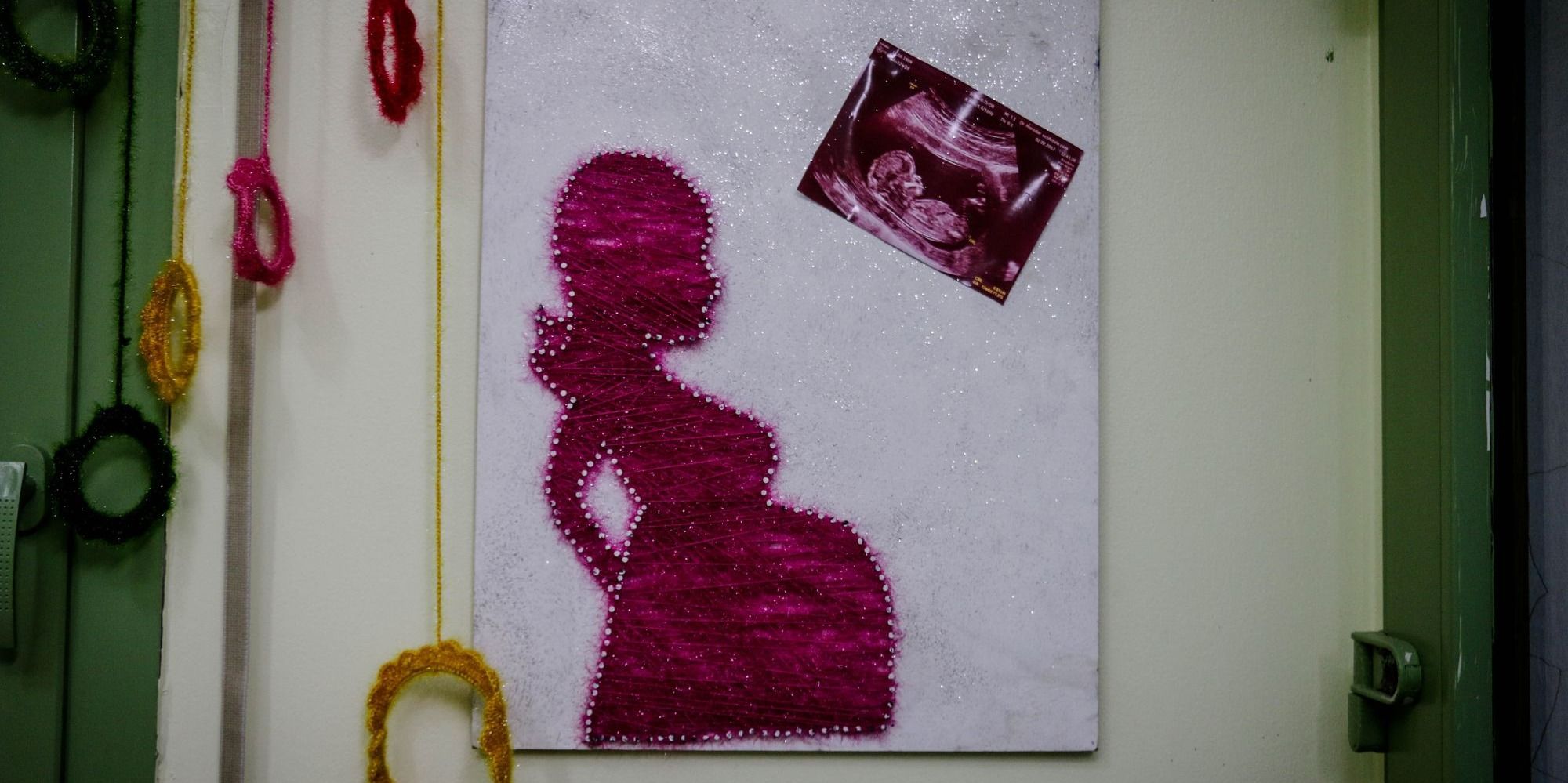
If life is a journey from birth to death, what does this journey entail? Our journey begins in our mother’s womb, and from the moment we’re born, we embark on a series of stages - infancy, childhood, adolescence, and adulthood. Each stage brings with it its own experiences, teachings, and challenges, shaping us into the individuals we become.
As we grow from babies into adults, we experience a myriad of things. We learn, build relationships, and grow personally and professionally. However, as time passes, we also witness the inevitable process of aging and the eventual loss of our physical and mental abilities. It’s a sobering reminder of our own mortality.
The culmination of this journey is when we reach the stage of ego integrity versus despair. It’s the time when we take stock of our life, reflect on our experiences and accomplishments, and come to terms with our mortality. It’s the point where we reconcile with the concept of being born to die and the journey from our mother’s womb to our own mortality.
The Role of Religion in Understanding Life and Death
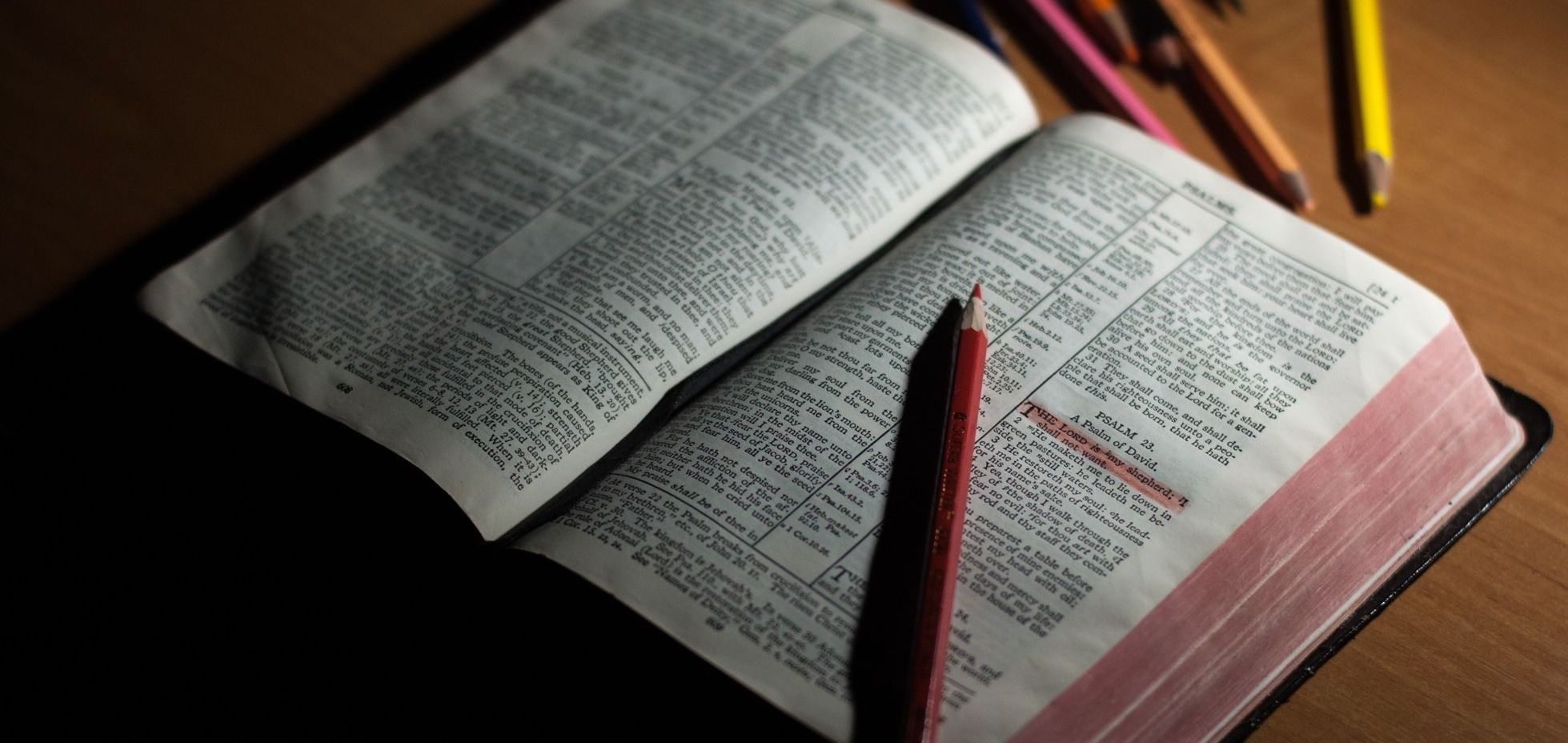
Religion plays a significant role in shaping our understanding of life and death. It provides us with a set of beliefs and practices that give a sense of purpose and meaning to our lives. It also provides comfort in the face of death and shapes our attitudes towards it.
Different faiths offer different insights into life and death. They provide explanations for why we are here and what our purpose is. They also offer comfort and explanations for the afterlife, giving individuals a belief system that can help them cope with the death of a loved one or their own mortality. It’s through these beliefs and practices that we gain a deeper understanding of the cycle of life and death.
Religion also helps us find solace during times of suffering and loss. It gives us a sense of hope and assurance that there is something beyond this life. It’s through this lens that we can see the concept of being born to die as not just an end, but a beginning to something greater.
Cultural Perspectives on Life and Death
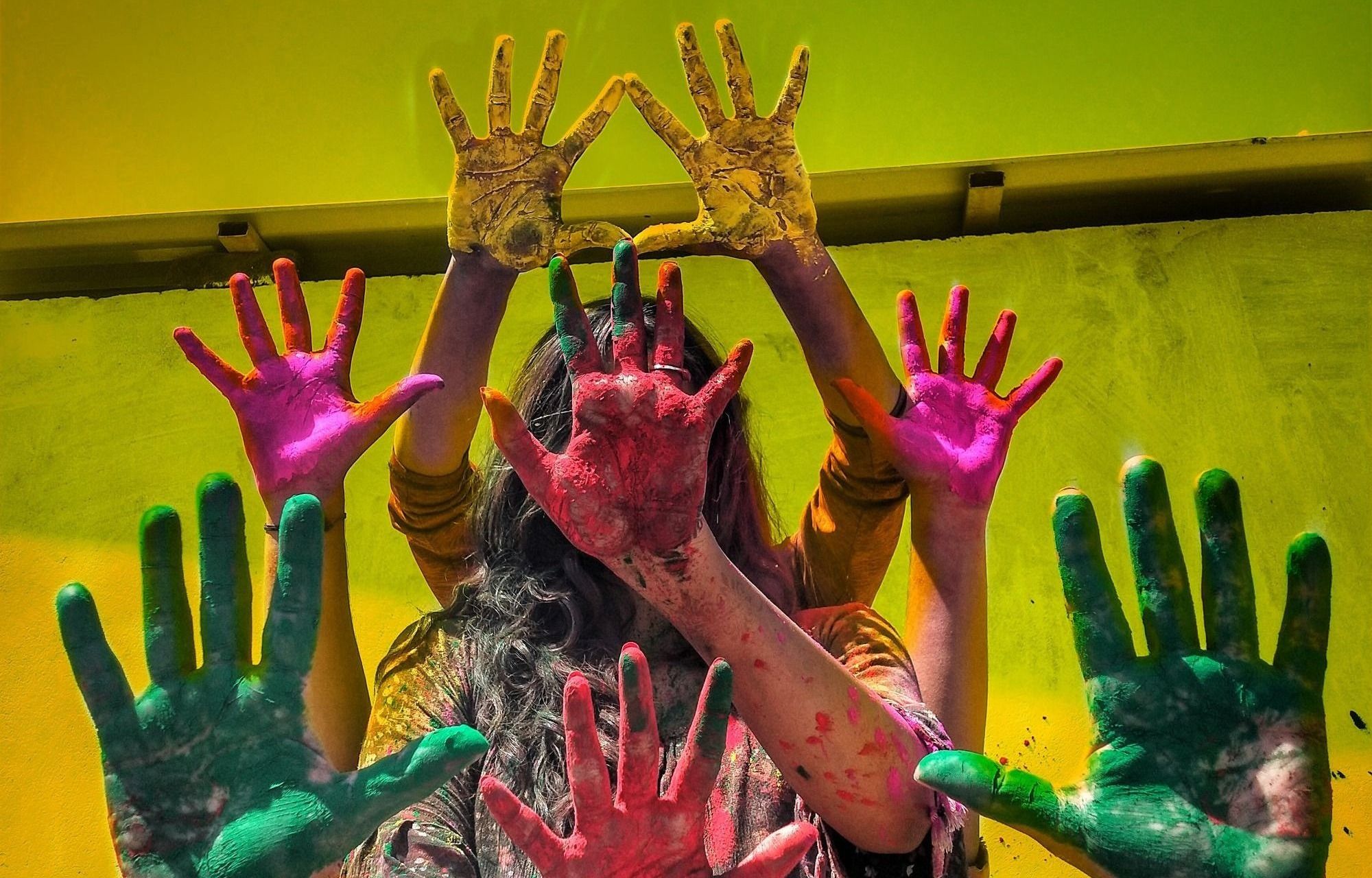
Culture, much like religion, shapes our perception of life and death. Different cultures have unique ways of viewing life and death, each with its own set of customs, rituals, and beliefs. Some cultures view life as a cycle, believing that the dead have influence over the living. This belief shapes their rituals and practices, as they honor the deceased and acknowledge their continued presence in their lives.
Other cultures view death as a part of life and focus on celebrating the life of the person who passed away. In contrast, Western cultures often view death as mysterious and frightening. These cultural perspectives greatly influence how we perceive the concept of being born to die. They shape our understanding of life and death and provide a unique lens through which we view our existence.
The Impact of Science and Technology on Our Perception of Life and Death
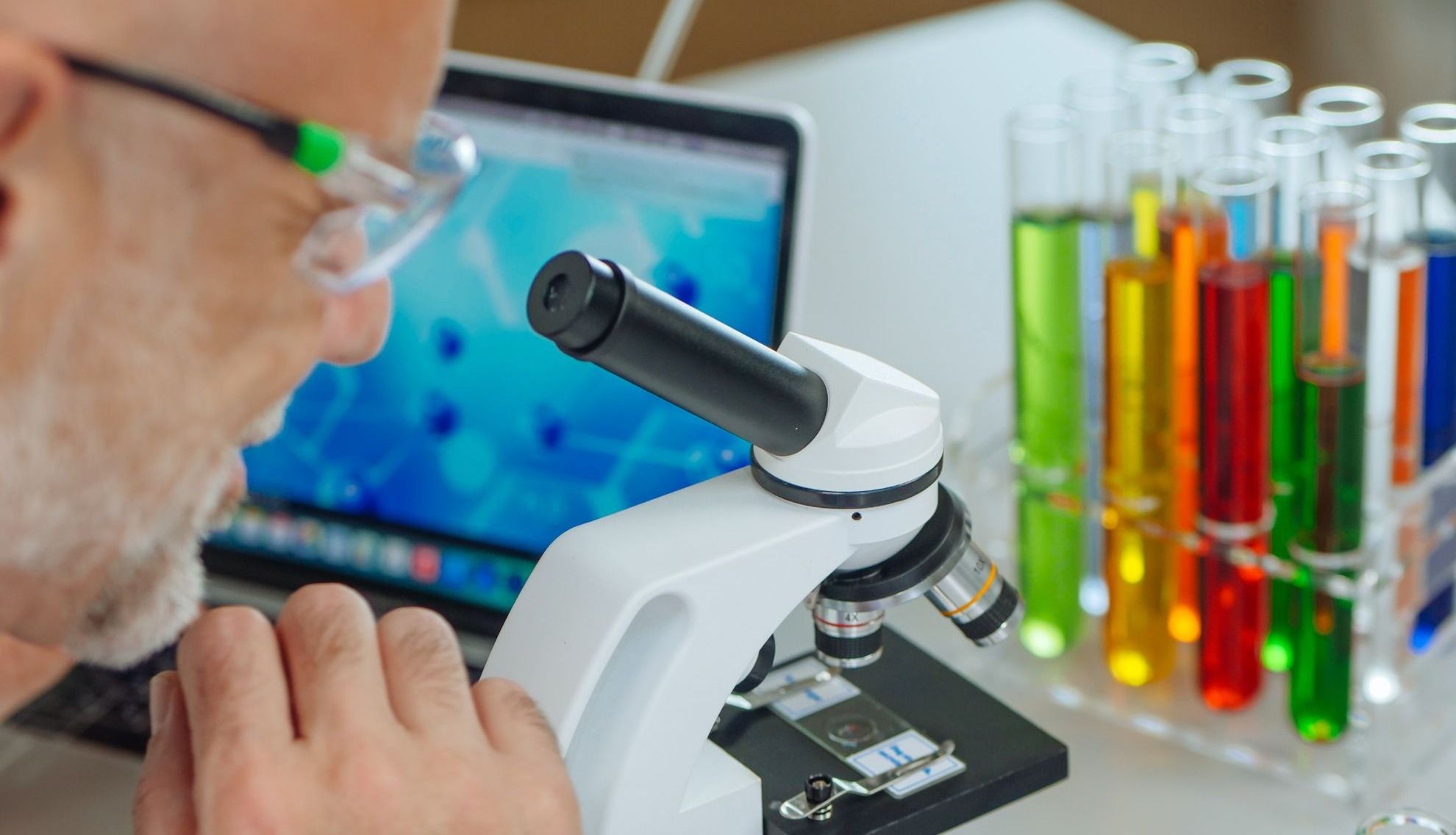
Science and technology have greatly influenced our understanding of life and death. They have provided us with insight into the physical and psychological aspects of death and the process of dying, helping us prepare for and cope with the inevitability of death.
Advancements in science and technology have made cremation and cryonics more reasonable alternatives to traditional burial. They have made it possible to preserve the body longer, providing us with more options when dealing with death.
Moreover, these advancements have made us more aware of the inevitability of death. They have provided us with knowledge and tools that help us understand and accept our own mortality. It’s through this understanding that we can better navigate our journey from birth to death.
Finding Purpose and Meaning in a Finite Existence
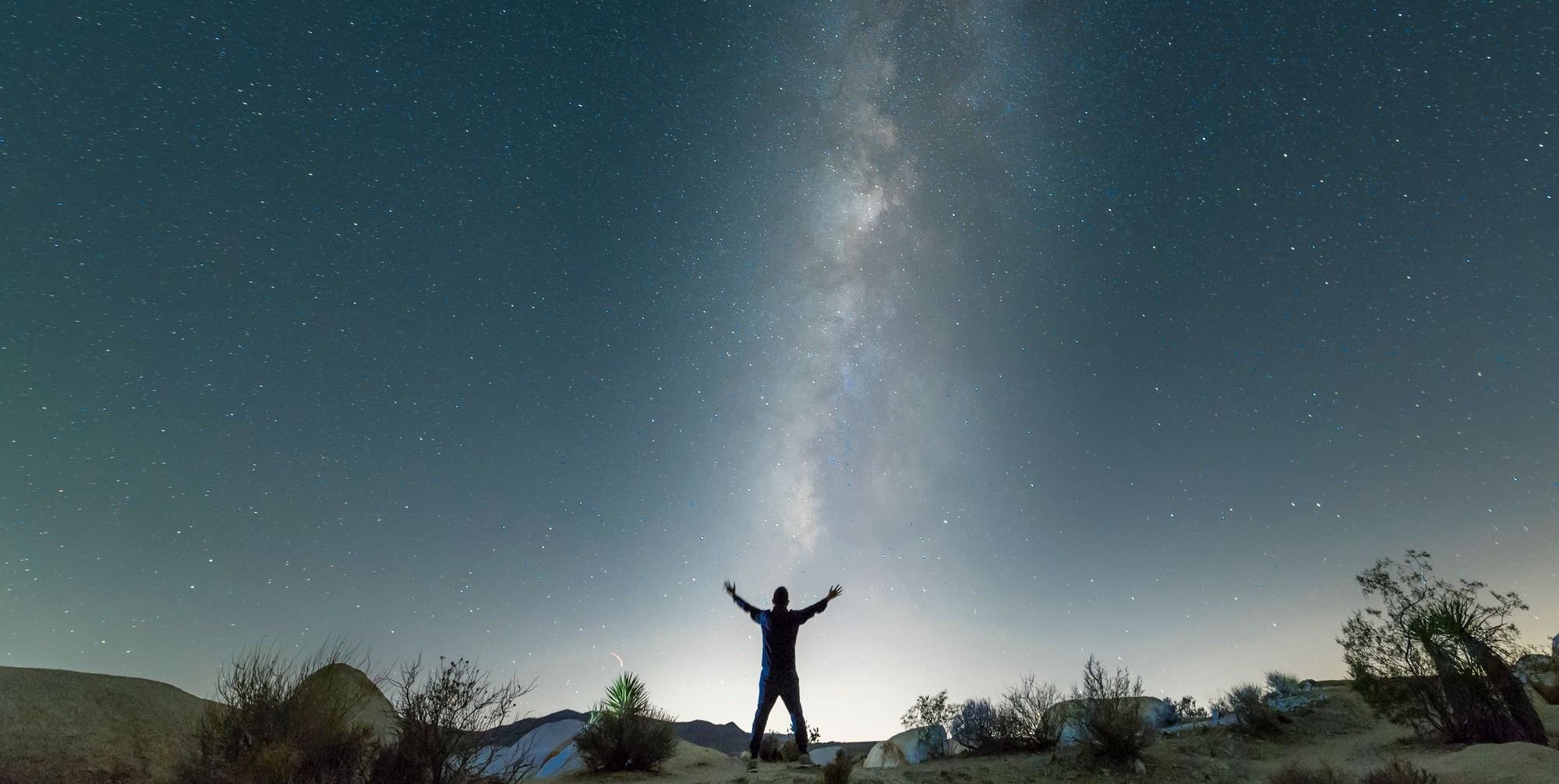
Despite the inevitability of death, it’s crucial to find purpose and meaning in our lives. After all, isn’t our journey from birth to death filled with experiences that shape us, teach us, and ultimately define us? Finding purpose in life can be a unique journey for everyone. It can be about connecting with our passions, exploring our spirituality, reflecting on our experiences, or even making the most of the small moments. Our relationships, work, hobbies - these are all parts of our lives that can help us discover our purpose.
So let’s embrace the journey of life. Let’s face the inevitability of death, but let’s not let it overshadow our living. Let’s find joy in the small things, show kindness, take risks, and stay in the moment. After all, isn’t life about making the most out of our finite existence?
Summary
From the moment we are born, we set out on a journey - a journey of life that inevitably leads us to death. But along the way, we learn, we grow, we love, and we experience. We grapple with the concept of being “born to die” and what it means in the context of our physical and eternal life. We explore the role of religion and culture in shaping our understanding of life and death. We delve into the impact of science and technology on our perception of our own mortality. And most importantly, we learn to find purpose and meaning in our finite existence.
In the end, being “born to die” is not just about the inevitability of death. It’s about the journey of life and the experiences we have along the way. It’s about the joy of living, the lessons we learn, and the love we share. So let’s embrace this journey, for it is through this journey that we truly live.
You might also like this article:



